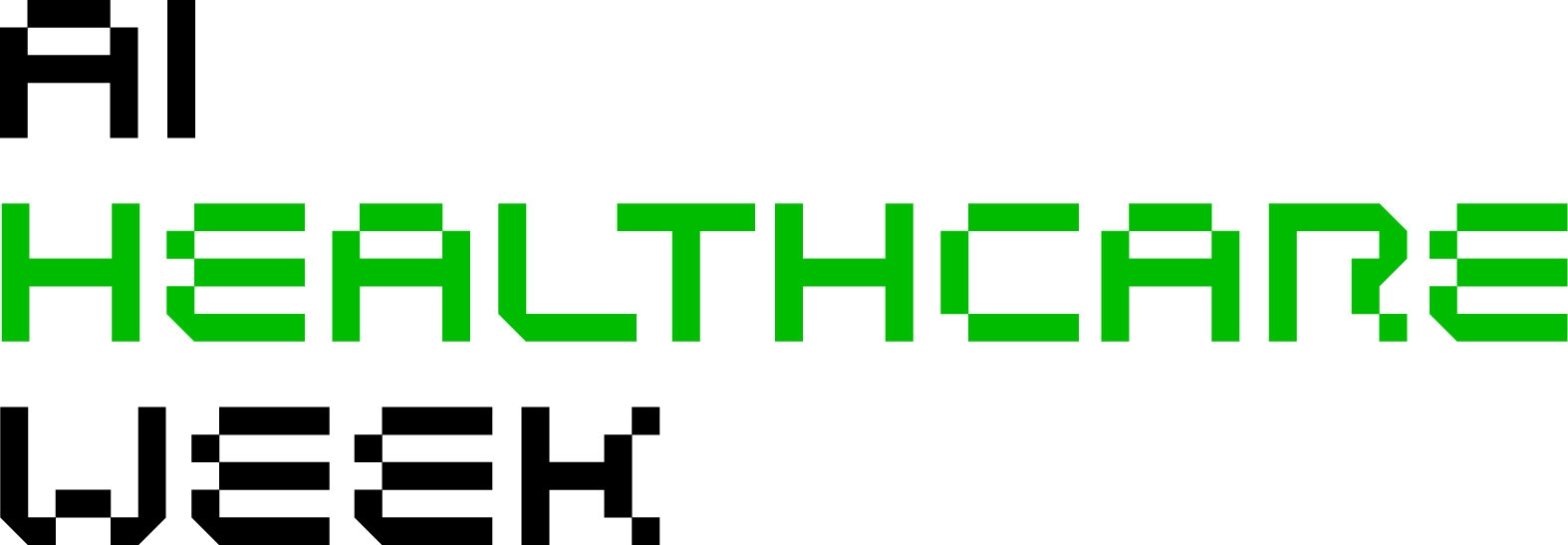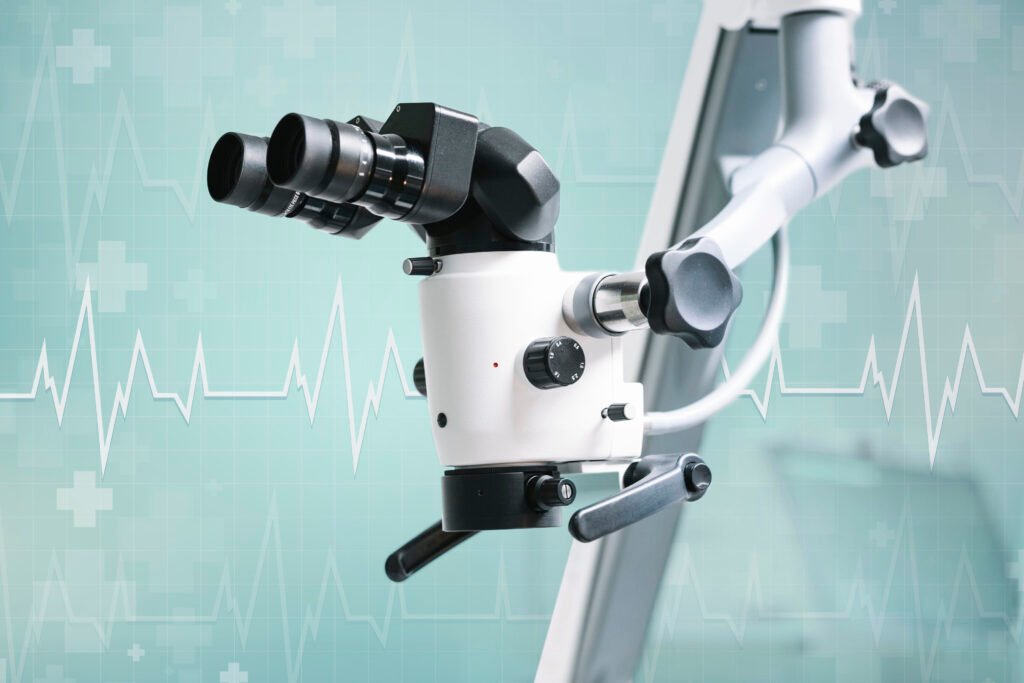The integration of robotics in surgery and patient care is revolutionizing healthcare across the Gulf Cooperation Council (GCC) region. Robotic-assisted procedures are enhancing precision, reducing recovery times and improving patient outcomes. From minimally invasive surgeries to AI-powered robotic nursing assistants, robotics is reshaping the way healthcare professionals deliver care.
As the GCC continues to invest in cutting-edge medical technology, robotic innovations are becoming an essential part of surgical and post-operative care. This article explores the impact of robotics on healthcare efficiency, surgical accuracy and patient experience. integration of robotics in surgery and patient care is revolutionizing healthcare across the Gulf Cooperation Council (GCC) region. Robotic-assisted procedures are enhancing precision, reducing recovery times and improving patient outcomes. From minimally invasive surgeries to AI-powered robotic nursing assistants, robotics is reshaping the way healthcare professionals deliver care.
As the GCC continues to invest in cutting-edge medical technology, robotic innovations are becoming an essential part of surgical and post-operative care. This article explores the impact of robotics on healthcare efficiency, surgical accuracy and patient experience.

Robotic-Assisted Surgery: Enhancing Precision and Efficiency
Robotic-assisted surgery is transforming complex procedures by offering unparalleled precision, control and visualization. AI-powered robotic systems, such as the da Vinci Surgical System, are helping surgeons perform minimally invasive procedures with enhanced accuracy. These systems enable smaller incisions, reduce blood loss and shorten recovery periods, leading to improved patient outcomes in the GCC’s top-tier medical institutions.
AI-Driven Robotics in Patient Care
Beyond surgery, robotics is also playing a crucial role in patient care. AI-driven robotic assistants are being deployed in hospitals to support patient monitoring, medication administration and rehabilitation therapy. Robotic exoskeletons are assisting patients in regaining mobility after spinal injuries or strokes, offering new possibilities for rehabilitation and recovery.
Remote Surgery and Tele-Robotics in the GCC
Advancements in telemedicine and robotics are enabling remote surgical procedures, allowing specialists to operate on patients in different locations. The GCC is exploring remote robotic surgery initiatives to bridge geographical gaps and provide access to high-quality surgical care in remote areas. This technology is particularly beneficial in expanding healthcare services to underserved regions.
The Future of Robotics in GCC Healthcare
With continued investment in robotics and AI, the GCC is set to become a global leader in medical innovation. Hospitals and research institutions are adopting robotic technologies to enhance surgical precision, improve patient safety and optimize healthcare workflows. As AI-driven robotics continue to evolve, the region’s healthcare landscape will see further advancements in automation, efficiency and personalized patient care.


